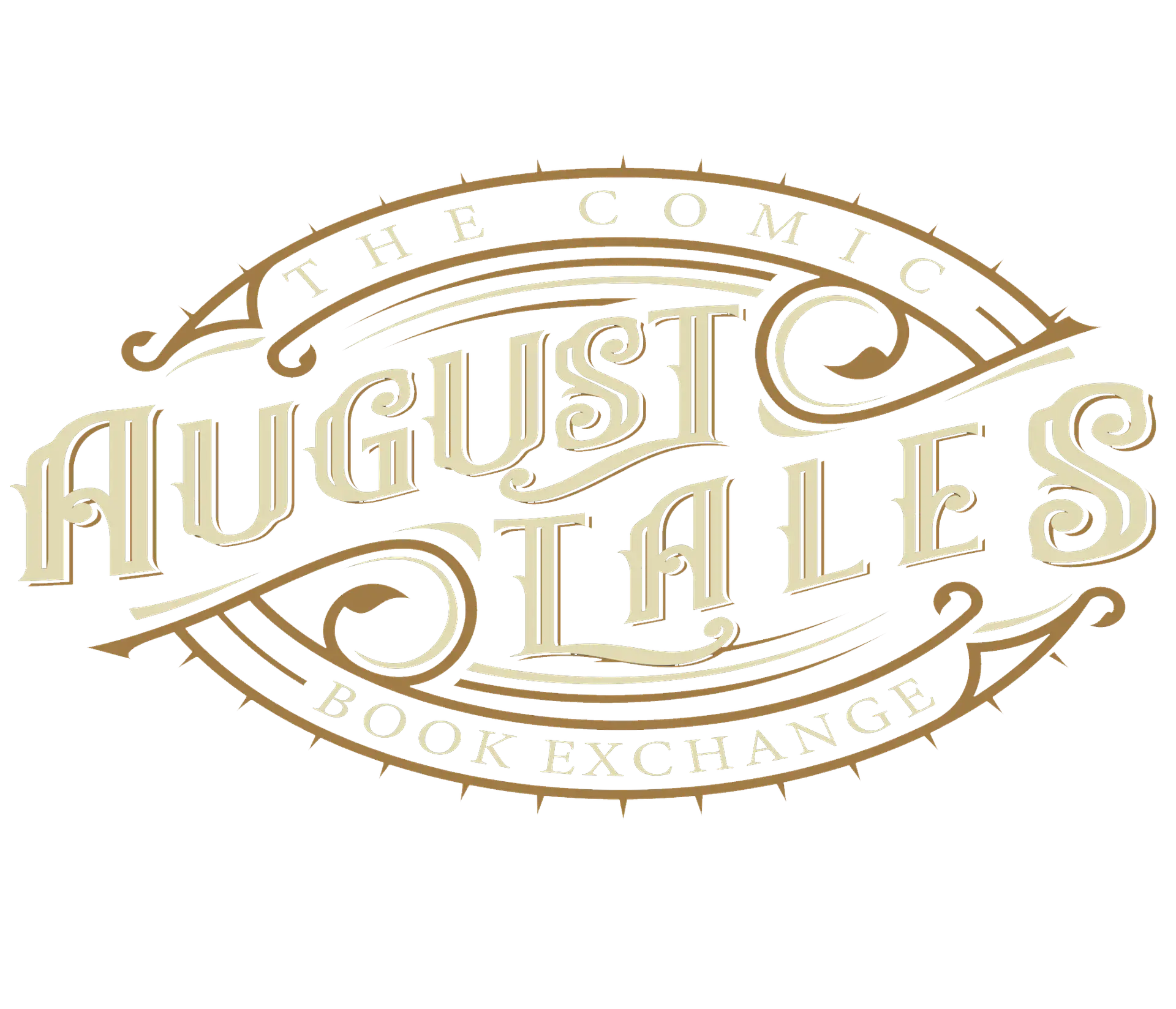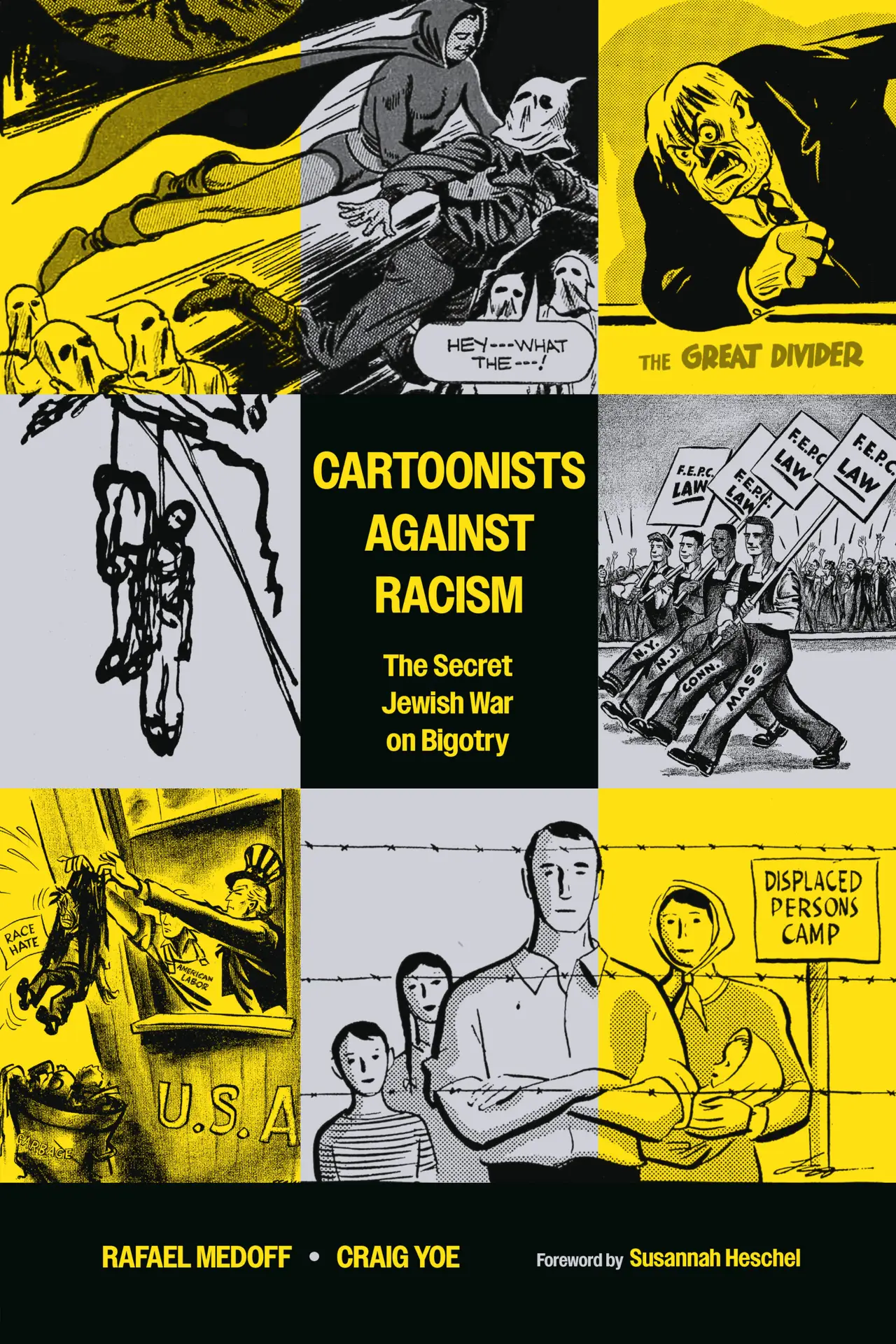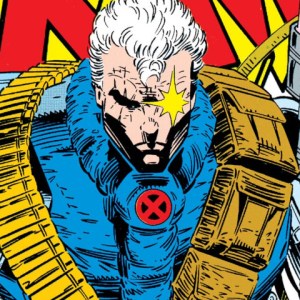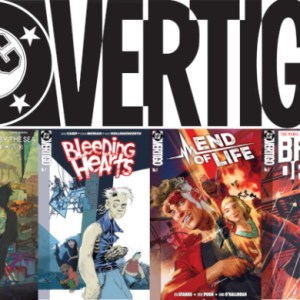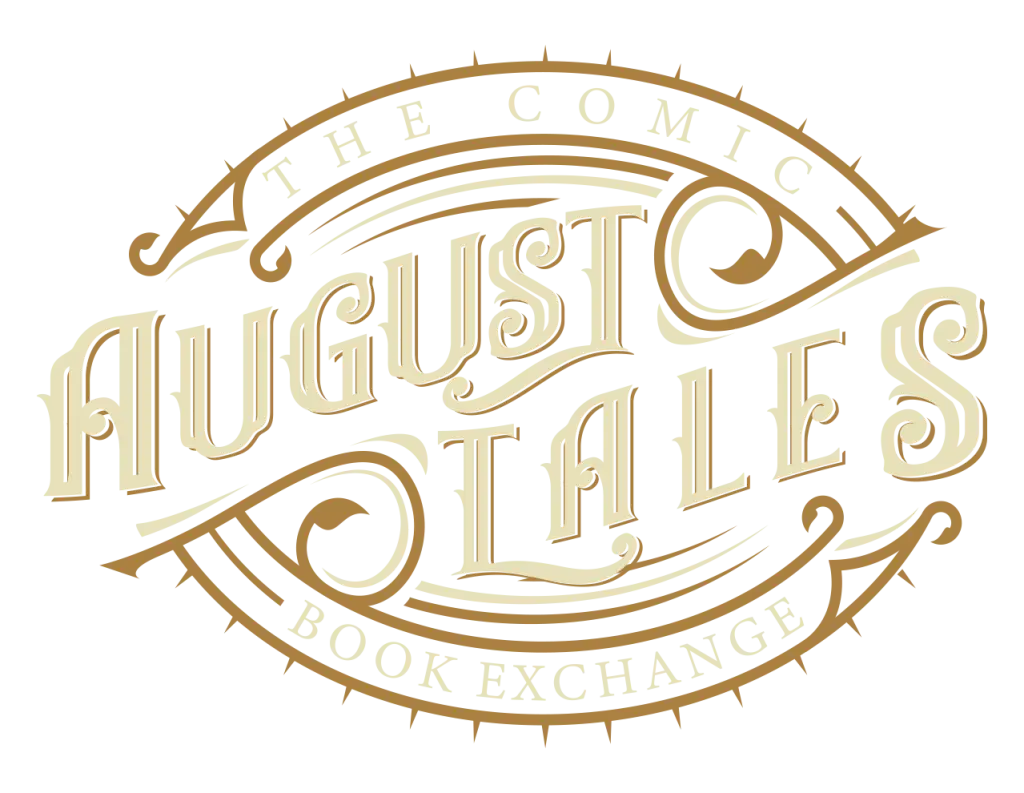After watching the news, it can feel like the shadows of bigotry are inescapable. That’s why Cartoonists Against Racism by Rafael Medoff and Craig Yoe arrives as both a powerful historical account and a timely call to action. This book shines a light on a little-known but deeply impactful campaign led by the American Jewish Committee (AJC) during a time of intense racial and religious prejudice.
More than a collection of anecdotes and illustrations, Cartoonists Against Racism is a testament to the power of art and media in fighting hate. It’s a must-read for anyone passionate about building a more inclusive and equitable world.
A Chilling Beginning
The book opens with the haunting events of Kristallnacht—Nazi Germany’s coordinated attack on Jews in 1938. This event spurred the AJC to counter antisemitism and broader racial bigotry in the United States. At the time, antisemitic rhetoric and racism were disturbingly widespread.
Bigotry in 1930s America
In the late 1930s and early 1940s, American figures like Father Charles Coughlin, a popular Catholic priest with a massive radio audience, spread antisemitic conspiracy theories. Even business mogul Henry Ford used his newspaper, The Dearborn Independent, to promote hateful ideas like The Protocols of the Elders of Zion.
Turning the Tide with Comics
Recognizing that simple denials weren’t enough, the AJC—under the leadership of Richard Rothschild—took a proactive stance. They launched a media campaign using cartoons and comic books to frame bigotry as anti-American. The goal was to make the fight against hate a patriotic mission.
Rothschild understood that mass media, especially cartoons, could reach wide audiences more effectively than traditional methods. By partnering with well-known cartoonists, the AJC spread anti-racist messages through newspapers, schools, unions, and the military.
Comics That Changed Minds
One standout example is the story They Got the Blame, featured in True Comics. It warned against scapegoating and prejudice. These comics didn’t just entertain—they educated. They became tools of social change, embedding lessons of tolerance in young readers across the country.
Relevance Today
What makes Cartoonists Against Racism especially vital is its connection to today’s world. The rise in hate crimes and extremist rhetoric mirrors the challenges of the 1930s. Rothschild’s media strategy still offers valuable lessons on how to counter hatred in the digital age.
This book demonstrates how art, creativity, and pop culture can be used to stand against bigotry. Its stories serve as a blueprint for modern efforts to promote tolerance and social justice.
A Call to Action
More than a history book, Cartoonists Against Racism is a rallying cry. Medoff and Yoe remind readers that everyone has a role in defending democracy and human dignity. Through creative storytelling and bold public messaging, they show how ordinary people—and artists—can inspire extraordinary change.
As we navigate today’s political landscape, this book offers both inspiration and practical ideas. It encourages readers to use every tool—especially art—to fight racism, antisemitism, and hate.
Cartoonists Against Racism is a powerful, urgent read. It honors the past while equipping us to face the future. It’s not just a book; it’s a guide, a challenge, and a reminder that the struggle for justice continues—and so must we.
Note: A review copy of Cartoonists Against Racism was provided to August Tales for review purposes.
